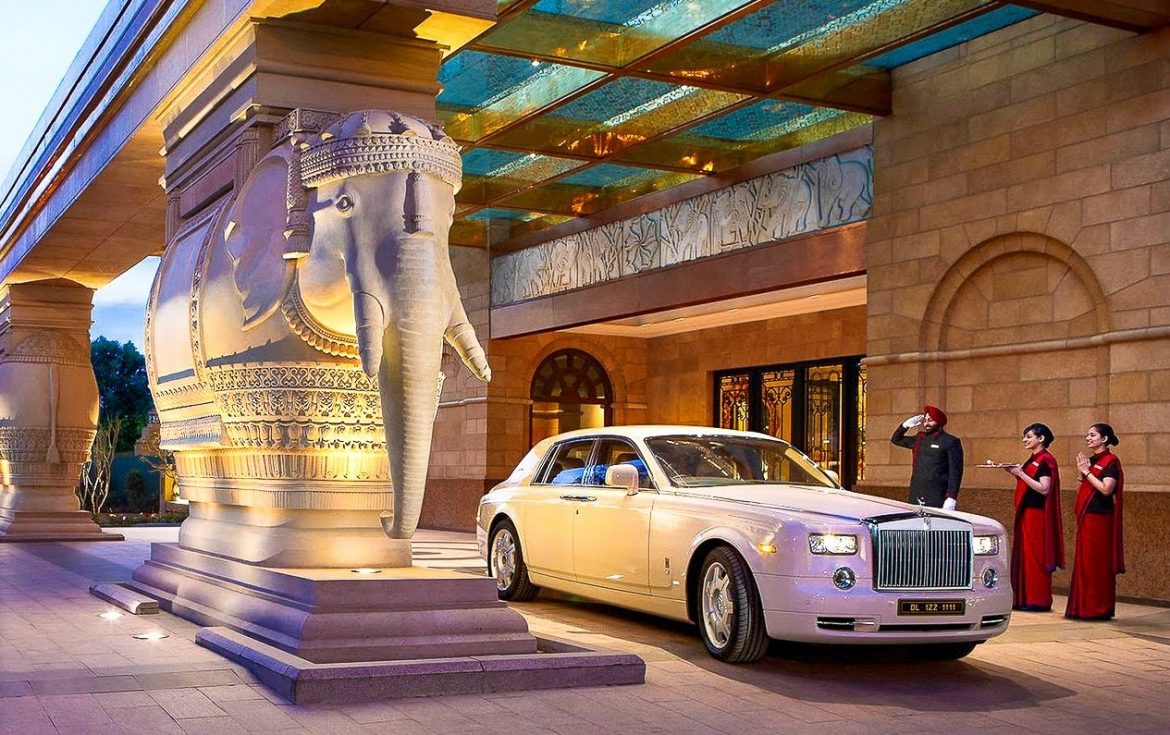Indians are bracing themselves for the Goods and Services Tax to take effect from July 1st 2017. As of now, consumers in India pay multiple taxes at different rates and these taxes tend to differ from state to state. The main aim in introducing the GST is to simplify the complex tax system that we are currently following.
The GST is a consumption based tax that is levied on sale, manufacture and consumption on goods and services at a national level. This tax will be substitute for all indirect tax levied by the state and central government from July 1st.
Presently, the slabs for GST in India vary anywhere between 0 to 28% but essentials like food items are exempted from this tax and the highest tax slab is levied on luxury items like cars and perfumes. Hotel rooms with a tariff of INR 5,000/- per night had to pay a flat rate of 28%. With the introduction of the new tax slabs, hotel rooms priced between INR 2,500 and INR 7,500 will have to pay an 18% GST and all guests staying in rooms priced above INR 7,500 will have to pay 28% GST.
Currently, over and above the room tariff we pay Luxury tax, Service tax, Swachh Bharat Cess and Krishi Kalyan Cess. The latter three add up to a 15%. From July 1st, everyone will have to pay one GST charge instead of four separate taxes and depending on how luxuriously you want to stay you will either pay 18% or 28%. This sounds like good news for those who stay in budget hotels as you will be saving 3% of your money but the luxury travellers will have to pay more taxes on their hotel rooms.
Experts believe that the one positive thing about this GST is that taxes will now be simplified and easy to understand for everyone. The downside of this move is that luxury stays will become dearer and Indian hotels stand no competition to hotels in countries like Singapore and Thailand where the taxes are lower by almost 10%.
[Via:Boardingarea]










